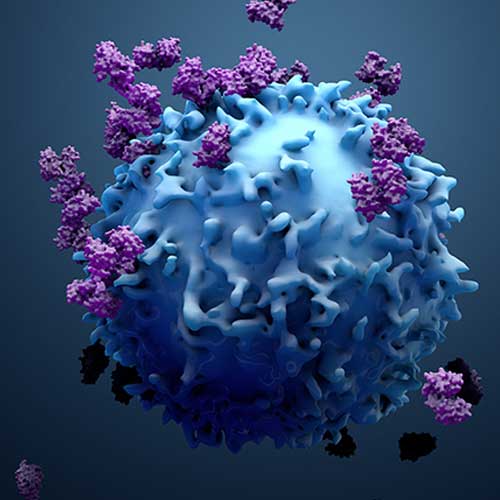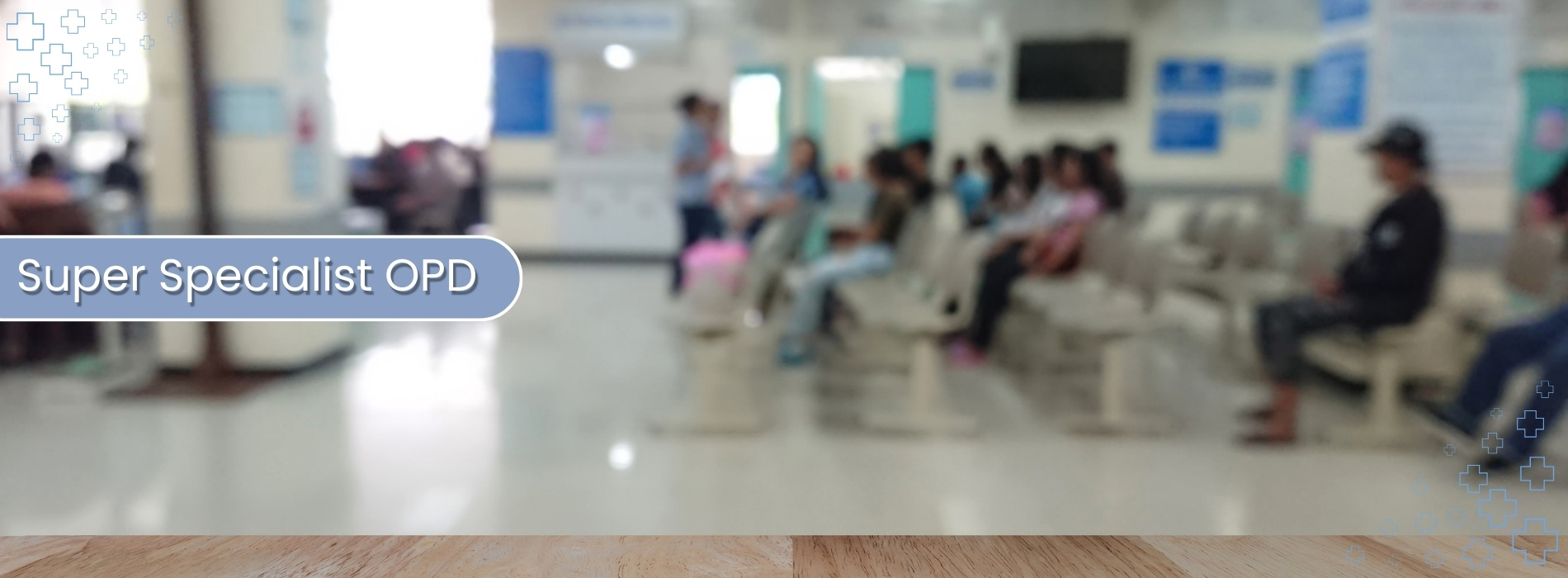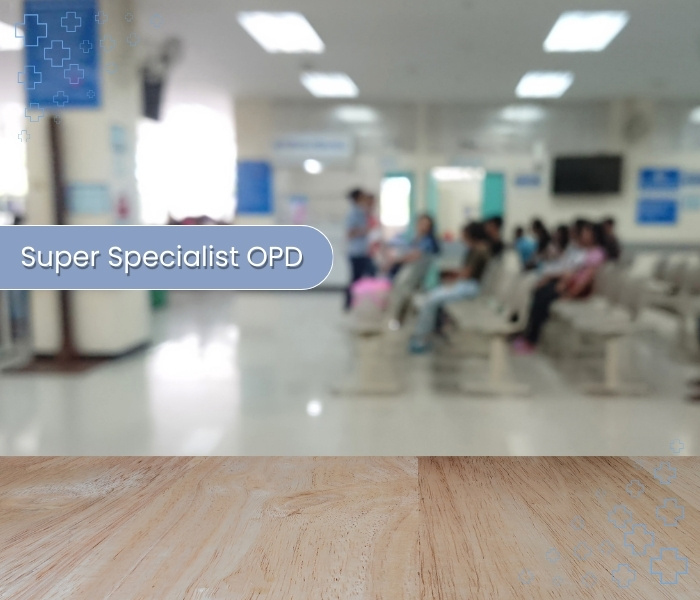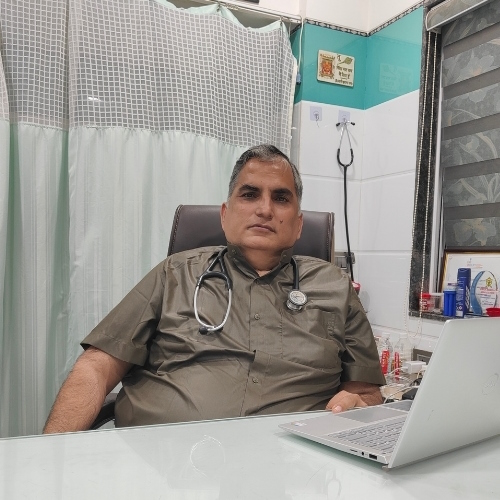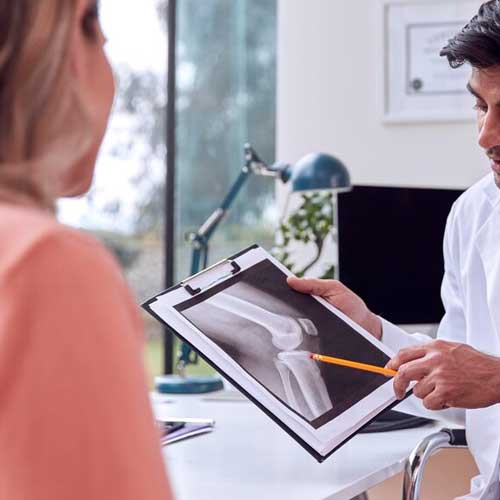
Our Super Specialist OPD provides expert consultations across multiple medical specialties, ensuring comprehensive diagnosis, treatment, and follow-up care under one roof. With highly experienced super-specialist doctors, we offer personalized care for both routine and complex health conditions.
- Neurology OPD – Stroke, epilepsy, migraine, and neurological disorder treatment.
- Gastroenterology OPD – Liver, stomach, and digestive system consultations.
- Pulmonology OPD – Asthma, COPD, sleep apnea, and lung disease care.
- Nephrology OPD – Kidney disease management, dialysis, and transplant evaluation.
- Endocrinology OPD – Diabetes, thyroid disorders, and hormonal imbalances.
- Oncology OPD – Cancer screenings, chemotherapy consultations, and treatment planning.
Expert care by top specialists, ensuring better health and well-being.
Neurology OPD
Stroke, epilepsy, migraine, and neurological disorder treatment
Introduction to Neurology OPD
The Neurology Outpatient Department (OPD) provides specialized care for patients dealing with a wide range of neurological conditions. This includes disorders affecting the brain, spinal cord, and nervous system. Patients with symptoms such as persistent headaches, seizures, numbness, or balance issues can receive expert evaluation and treatment in the Neurology OPD.
Stroke Management
Timely diagnosis and treatment of strokes are a major focus in neurology care. In the OPD, patients at risk or recovering from stroke undergo neurological assessments, imaging, and rehabilitation planning. Early intervention helps minimize brain damage, restore function, and prevent future strokes through medication, lifestyle changes, and physiotherapy.

Epilepsy and Migraine Treatment
Patients suffering from epilepsy are assessed for seizure types and triggers, and receive personalized medication plans to manage their condition effectively. Similarly, individuals with chronic migraines are given targeted therapies, including preventive medications and lifestyle guidance, to reduce frequency and severity of attacks.
Treatment of Neurological Disorders
The Neurology OPD also manages conditions like Parkinson’s disease, multiple sclerosis, neuropathy, and movement disorders. Each patient receives comprehensive care that includes diagnostic tests, ongoing monitoring, and multidisciplinary support. The goal is to enhance quality of life by reducing symptoms and maintaining neurological health.

Gastroenterology OPD
Liver, stomach, and digestive system consultations
Introduction to Gastroenterology OPD
The Gastroenterology Outpatient Department (OPD) specializes in diagnosing and managing conditions related to the digestive system. This includes the liver, stomach, intestines, pancreas, and gallbladder. Patients experiencing symptoms like abdominal pain, indigestion, bloating, or altered bowel habits receive expert consultation and care.
Liver Disease Management
Chronic liver conditions such as hepatitis, fatty liver, cirrhosis, and jaundice are evaluated and managed in the Gastroenterology OPD. Liver function tests, imaging, and lifestyle assessments help determine the right course of treatment. Early detection and management are crucial in preventing complications and maintaining liver health.
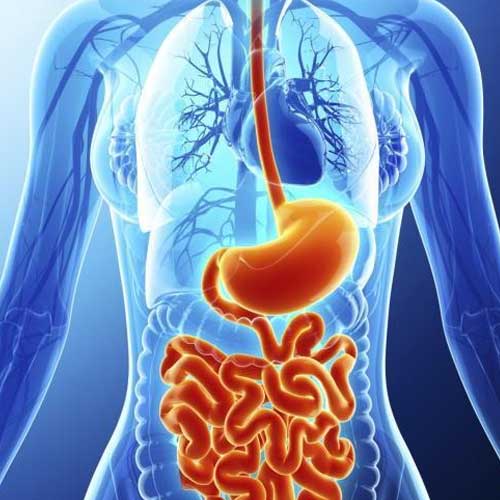
Stomach and Intestinal Disorders
The OPD addresses a wide range of gastrointestinal issues like acid reflux, gastritis, peptic ulcers, and irritable bowel syndrome (IBS). Patients receive tailored treatment plans involving medication, dietary modifications, and lifestyle guidance to relieve symptoms and improve digestion.
Comprehensive Digestive Health Care
Advanced care is also provided for more complex conditions such as inflammatory bowel disease (IBD), pancreatitis, and gastrointestinal cancers. The department offers diagnostic tools like endoscopy and colonoscopy as part of a thorough evaluation. With a patient-centric approach, the OPD ensures effective and long-term digestive health support.
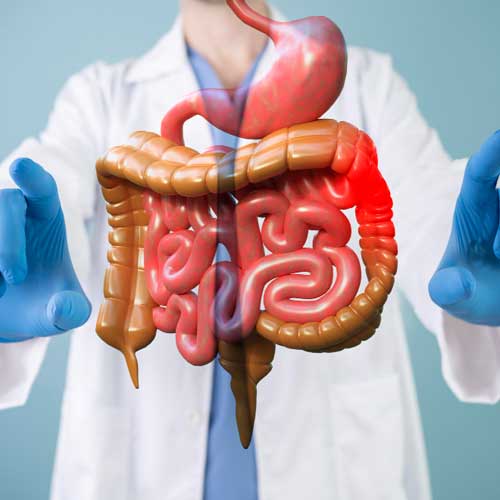
Pulmonology OPD
Asthma, COPD, sleep apnea, and lung disease care.
Introduction to Pulmonology OPD
The Pulmonology Outpatient Department (OPD) focuses on the diagnosis and treatment of respiratory and lung-related conditions. It serves patients suffering from chronic and acute breathing difficulties, offering specialized care for asthma, COPD, lung infections, and other pulmonary disorders. The goal is to improve lung function and enhance overall respiratory health.
Kidney Disease Management
Patients with high blood pressure, diabetes, or genetic conditions are often at risk for kidney damage. The OPD offers regular monitoring through urine tests, blood tests, and imaging to detect issues early. Treatment plans include medications, dietary modifications, and lifestyle changes to slow disease progression and maintain kidney function.
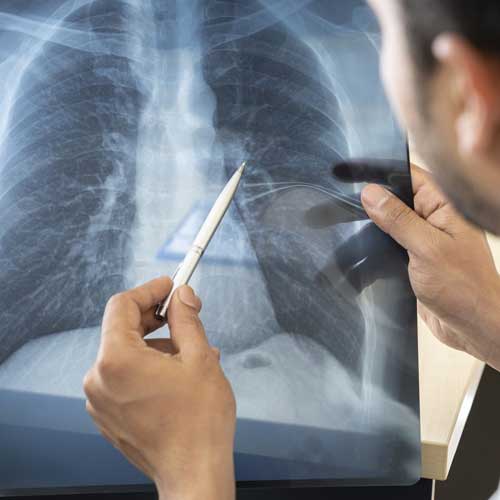
Dialysis Services and Support
For patients with advanced kidney failure, the Nephrology OPD prepares and supports them through dialysis—either hemodialysis or peritoneal dialysis. The team ensures patients understand the process, receive proper vascular access care, and get nutritional guidance to manage their condition effectively during treatment.
Kidney Transplant Evaluation and Follow-Up
The department also evaluates candidates for kidney transplantation and works closely with transplant teams. Pre-transplant assessments, donor compatibility testing, and post-transplant follow-up care are all coordinated to ensure a successful outcome. Ongoing monitoring helps detect rejection early and ensures long-term transplant success.
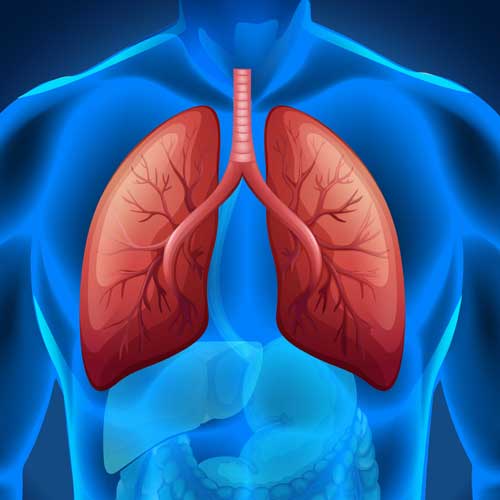
Nephrology OPD
Kidney disease management, dialysis, and transplant evaluation
Introduction to Nephrology OPD
The Nephrology Outpatient Department (OPD) specializes in diagnosing and managing diseases related to the kidneys. It provides comprehensive care for patients with kidney dysfunction, including those with early-stage kidney disease, chronic kidney disease (CKD), and acute kidney injuries. The OPD also plays a vital role in educating patients about maintaining kidney health.
Kidney Disease Management
Patients with high blood pressure, diabetes, or genetic conditions are often at risk for kidney damage. The OPD offers regular monitoring through urine tests, blood tests, and imaging to detect issues early. Treatment plans include medications, dietary modifications, and lifestyle changes to slow disease progression and maintain kidney function.
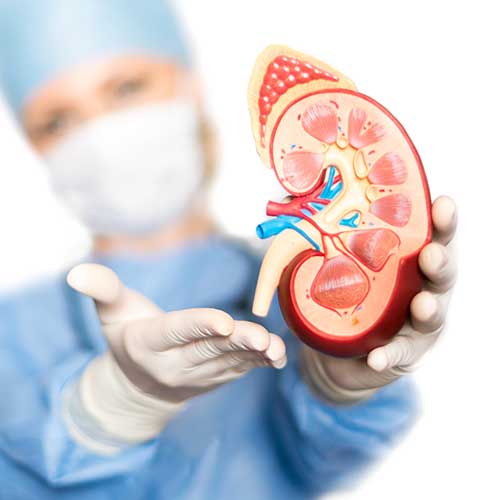
Dialysis Services and Support
For patients with advanced kidney failure, the Nephrology OPD prepares and supports them through dialysis—either hemodialysis or peritoneal dialysis. The team ensures patients understand the process, receive proper vascular access care, and get nutritional guidance to manage their condition effectively during treatment.
Kidney Transplant Evaluation and Follow-Up
The department also evaluates candidates for kidney transplantation and works closely with transplant teams. Pre-transplant assessments, donor compatibility testing, and post-transplant follow-up care are all coordinated to ensure a successful outcome. Ongoing monitoring helps detect rejection early and ensures long-term transplant success.
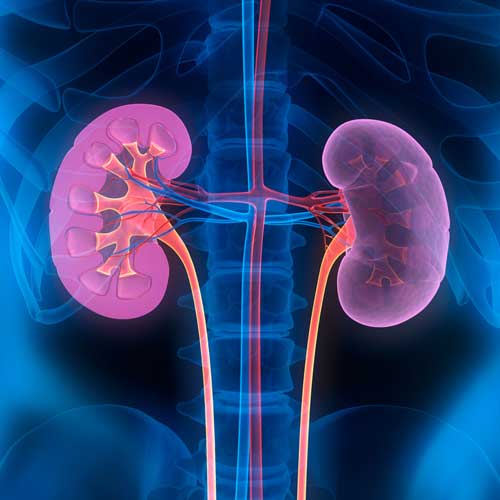
Endocrinology OPD
Diabetes, thyroid disorders, and hormonal imbalances.
Introduction to Endocrinology OPD
The Endocrinology Outpatient Department (OPD) provides specialized care for disorders of the endocrine system, which regulates hormones in the body. This includes conditions like diabetes, thyroid dysfunction, and other hormonal imbalances. The OPD offers expert diagnosis, treatment, and long-term management tailored to each patient’s specific needs.
Diabetes Care and Monitoring
Diabetes, both Type 1 and Type 2, is a major focus in endocrinology. Patients receive individualized care plans that include lifestyle modifications, medications, insulin therapy, and routine blood sugar monitoring. Education on diet, exercise, and self-care helps prevent complications and improves long-term outcomes.
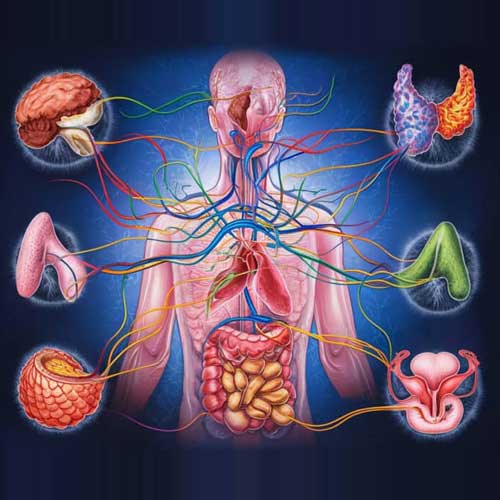
Thyroid Disorder Treatment
The department treats common thyroid issues such as hypothyroidism, hyperthyroidism, and thyroid nodules. Blood tests and imaging help determine the exact problem, and patients are guided with appropriate medication and follow-up care. Proper management ensures stable energy levels, mood, and metabolism.
Hormonal Imbalance Management
Other hormonal issues like polycystic ovary syndrome (PCOS), adrenal disorders, and growth abnormalities are also addressed. These conditions often affect fertility, weight, and overall health. With accurate diagnostics and targeted therapies, the OPD helps restore balance and improve quality of life.
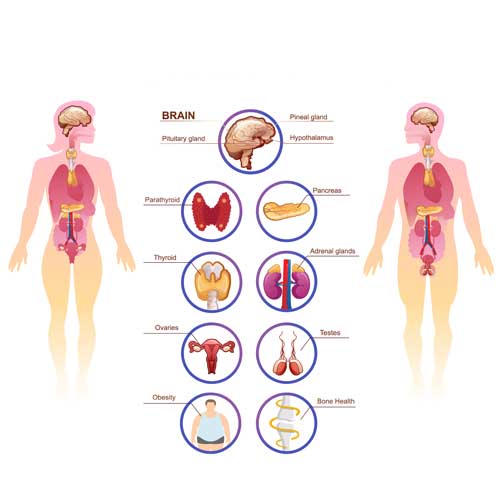
Oncology OPD
Cancer screenings, chemotherapy consultations, and treatment planning
Introduction to Oncology OPD
The Oncology Outpatient Department (OPD) provides specialized services for the early detection, diagnosis, and management of cancer. Patients benefit from comprehensive evaluations, including cancer screenings and consultations with oncologists. The OPD plays a critical role in guiding patients through each step of their cancer care journey.
Cancer Screenings and Early Detections
Routine screenings for common cancers such as breast, cervical, prostate, and colon cancer are offered in the Oncology OPD. Early detection through tests like mammograms, Pap smears, PSA levels, and colonoscopy greatly improves treatment outcomes. Patients with family history or symptoms are encouraged to undergo timely screening.

Chemotherapy Consultations
Patients requiring chemotherapy are evaluated thoroughly before starting treatment. Oncologists explain the types of drugs, potential side effects, and expected outcomes. Pre-chemotherapy counseling helps patients and families prepare mentally and physically, ensuring informed and safe treatment experiences.
Personalized Treatment Planning
The OPD provides individualized cancer treatment plans based on cancer type, stage, and patient health. Plans may include surgery, chemotherapy, radiation, or targeted therapies. A multidisciplinary team ensures that each patient receives coordinated and holistic care, with a focus on improving survival and quality of life.
